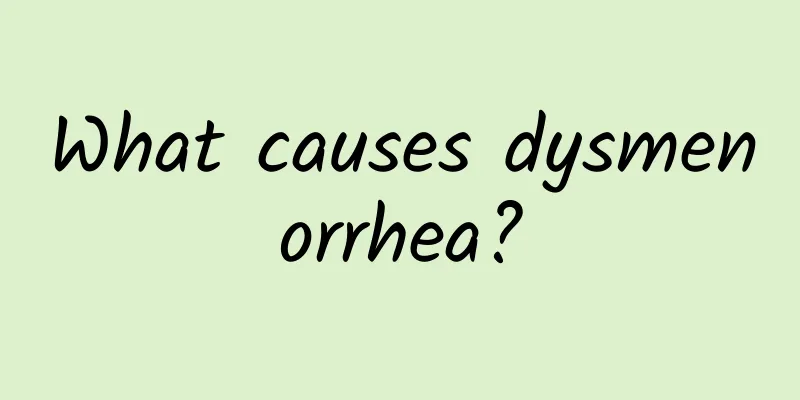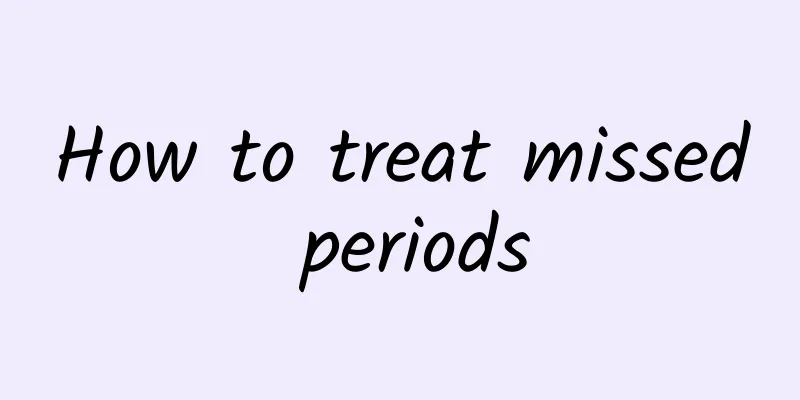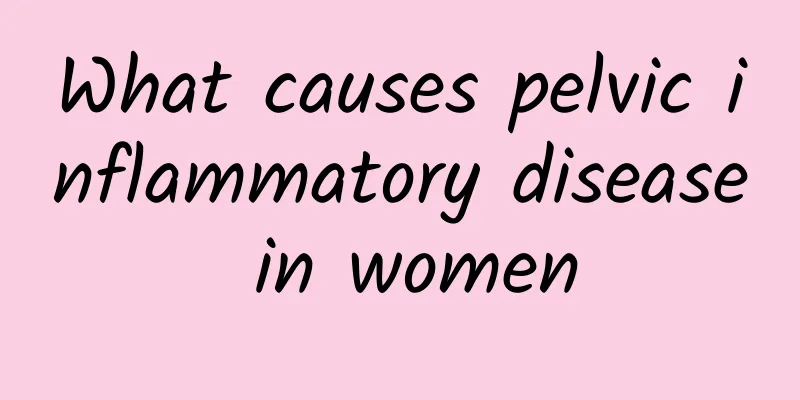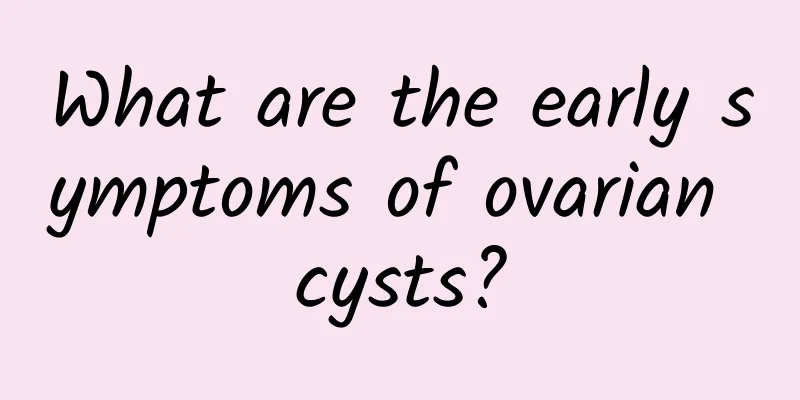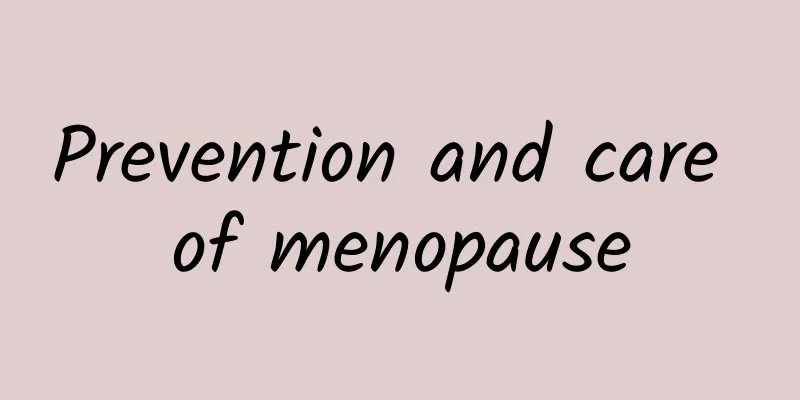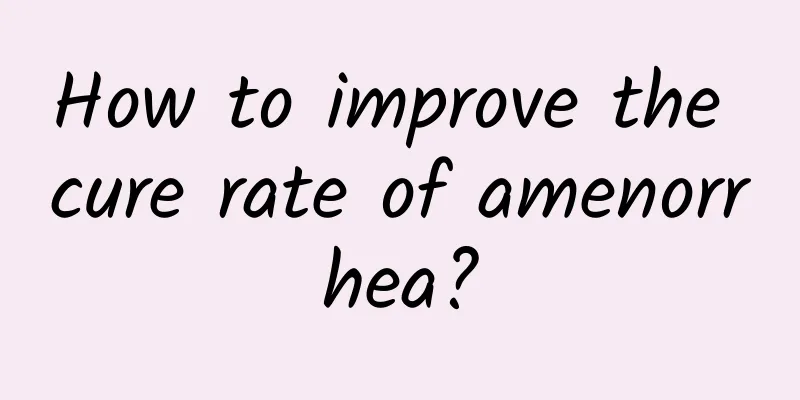Which is better: Bulletproof coffee, intermittent fasting, or a cleanse and detox diet? Common Myths Debunked
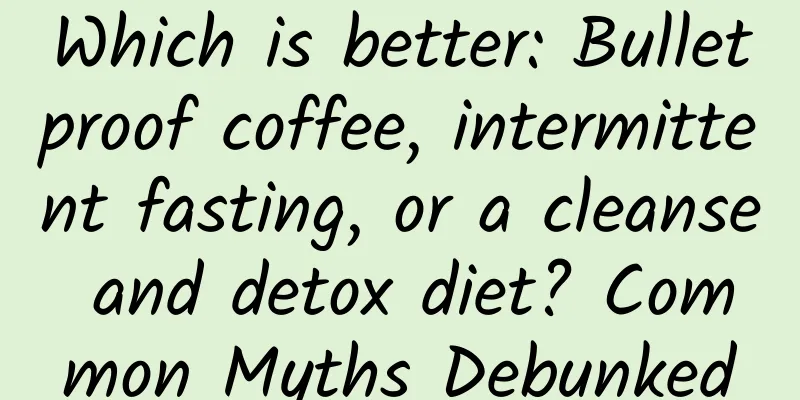
|
Unfortunately, there are so many wrong diets that it is impossible to cover every diet trend in this book, but we hope to be as comprehensive as possible in dispelling the myths and trends that are currently popular. I hope you can use the knowledge and tools you learn in this book to identify and solve new nutrition myths on your own. Recent Trends Bulletproof Coffee It seems like the world is in the process of adding grass-fed butter or coconut oil to your coffee, but there's really no particular benefit to adding this pile of saturated fat to your cup of coffee. If you eat a relatively healthy diet, adding some saturated fat to your morning coffee won't have much of an impact. But what we want to tell our readers is that there is no real health benefit in deliberately adding fat to coffee; as long as you stick to your diet plan and a healthy lifestyle, you can consume these calories in any way you see fit. Some people say that this method can suppress appetite, which is true, but the reason is just caffeine plus 500 calories of fat. Moving these fats to breakfast or adding cream to your coffee will make it taste better and also help suppress your appetite. Another theory is that in the morning when cortisol levels are higher, avoiding carbohydrates and drinking Bulletproof coffee instead can prevent fat gain. The problem with this argument is that consuming carbohydrates lowers cortisol levels, so it falls apart. In fact, if you consume 500 calories of fat at one time when cortisol levels are high (such as in the morning), it will be more likely to be stored as fat than if you eat carbohydrates. If you have calories to spare for drinks, feel free to add cream to your coffee just because it tastes good—but don't think of it as any different than having cream for breakfast. Intermittent fasting This strategy involves going without food altogether for long periods of time and compressing all eating into a short period of time, usually in the evening. Unfortunately, based on the principles of nutrient timing we discussed earlier, this diet is not optimal for promoting body composition (muscle maintenance) or athletic performance. The following is an explanation of what many people believe are the benefits of fasting: ● Promote compliance For some people, fasting may temporarily make a low-calorie diet easier to adhere to, but it can have negative effects on long-term healthy lifestyle outcomes, and direct studies on fasting have not shown adherence levels to be higher than eating a normal daily amount of food (three to five meals). Some studies comparing calorie restriction between fasting and normal eating intervals have even found poorer compliance with fasting and shorter duration of diet plans, meaning we see little benefit from fasting on dietary compliance. When using a fasting strategy, for people with a high degree of compliance with calorie and macronutrient distribution, compliance is indeed more valuable than ideal eating timing, but what is sacrificed is the optimal body composition results. Autophagy Autophagy is the process by which the body destroys its own cells and tissues and is essential to health; without it, the body's structure would be worn down and its functions would begin to weaken. This is often claimed by fasting proponents as a benefit of fasting. Fasting does increase autophagy, but so does a caloric deficit. When your body does not take in enough food, it must break down itself to provide the basic energy needed for survival, and intense exercise will greatly promote autophagy. The only evidence that intermittent fasting promotes autophagy comes from studies on yeast, but this phenomenon has not yet been demonstrated in humans or mammals. ● Growth hormone increase/anabolism When you fast, your growth hormone (GH) levels increase because GH signals you to burn fat and carbohydrates for energy rather than storing them in your muscles. In other words, your body secretes GH to use the energy stored in your cells when you fast. However, the anabolic reaction that is claimed by everyone cannot occur under fasting conditions. Growth hormone will only produce a synthetic reaction when the body is rich in protein and calories. If you increase growth hormone levels by fasting, you won't have the excess nutrients to enjoy the potential benefits of muscle growth. If you think about it, this statement is paradoxical: "If you don't eat for a long time, you will become stronger." This conflicts with the physiological need of muscles to replenish amino acids regularly (the mechanism of muscle growth also requires calories to function). Although the fasting state will increase the concentration of growth hormone, muscle growth will be inhibited, and the fasting state itself will create a catabolic environment, so it is more likely to cause net muscle loss. If you think fasting will improve your adherence to a diet plan, be aware that you will be sacrificing maximum muscle maintenance or growth. When fasting for a long time, some muscle tissue must be used to burn for energy (especially when following a low-calorie diet). If you want to maintain a fasting-like diet while retaining more muscle than with traditional fasting methods, only consume protein regularly during the fasting phase and consume the other macronutrients after the fasting phase. Intermittent fasting won’t kill you or prevent you from growing muscle at all, but it won’t be very effective in achieving optimal performance or changes in body composition. Carbohydrate Backloading (CBL) Carb backloading involves consuming fewer carbohydrates in the morning and more in the evening. The rationale for carb backloading is that cortisol levels are higher and insulin sensitivity is lower in the morning, so it is best to avoid carbohydrates because they are more likely to be stored as fat in these times. The recommended approach for carb backloading is to have most meals be protein-based, train closer to noon, and add carbs to the last few meals of the day to achieve the most muscle growth with the least fat gain. A previous discussion on Bulletproof Coffee mentioned that high cortisol levels in the morning do not make it easier for carbohydrates to be stored as fat; in fact, consuming carbohydrates can actually reduce cortisol levels. Additionally, insulin sensitivity is actually higher in the morning than in the evening (due to a full night of fasting), so the idea of backloading carbs is not correct in this regard. However, if you don't consume carbohydrates for several hours after waking up, your insulin sensitivity may be higher than normal during the night (because you haven't consumed carbohydrates for a long time). However, this also increases the risk of muscle catabolism due to the greater energy demand, thus offsetting the benefits claimed by carb backloading advocates. Regardless of whether you consume carbs in the morning or afternoon, the way our hormones work does not support carb backloading and its associated dietary approach. Cleansing and Detoxification Diet The concept of cleansing or detoxification is quite clear. It means taking in very small amounts of food (or not eating at all) and drinking lots of specific low-calorie drinks, such as herbal tea, lemonade or fruit and vegetable juice. This method of interrupting normal eating will theoretically prevent toxins in food from entering the body and remove toxins that have accumulated in the body. The problem is, the toxins you ingest during this cleansing phase are no different than normal. Perhaps the most common toxin ingested by humans is alcohol, and it is usually ingested voluntarily. Your liver will naturally excrete most toxins from your body over time, and cleansing and detoxing will not speed up this process. Additionally, most herbal teas used for detoxification are healthy, but they do not actually have any special detoxifying effects. Direct evaluation of detox and cleanse diets has shown them to be as effective as reducing calories and eating a healthy diet. The problem with doing a detox or cleanse for a long time is the lack of protein, which can lead to muscle loss. Any studies that claim to have evidence supporting the benefits of detoxification typically have extremely lax experimental methods and rarely appear in peer-reviewed journals (probably not at all). Any benefits that come from this diet are due to cutting out unhealthy foods. For health and fitness results, a better diet is one that focuses on healthy foods and consumes plenty of fruits, vegetables, and whole grains at all times. One of the big problems with the detox and cleanse diet is that it assumes that you can undo weeks or even months of bad eating habits in just a few days by strictly following a special diet. If you go through a period of poor eating and want to get back to your previous health, spend at least as much time eating healthily as you did before. Sometimes bad eating habits can even cause irreversible damage to your health, so if you have been eating poorly for a long time, it would be more dangerous to easily believe in this lazy solution. While it may sound tempting to cleanse your body by following a special diet for a few days, it is simply not possible. Acid/alkaline diet Some diets claim to balance the body's pH. It sounds great on the surface, but just like cleansing and detoxing, your body is pretty good at regulating pH. If the pH of your blood increases or decreases by 0.4 (deviating from the normal range of pH 7.35 to 7.45), you will die, so the body has many tools to maintain the pH. The pH value of the intestine affects the intestinal flora, but alkaline foods will not change the pH value of the intestine because the acidity and alkalinity of food are by-products produced after digestion. Alkaline food or alkaline water will not have any effect on the stomach and intestines, because even if the food can change the pH value in the body, it will be neutralized immediately when it comes into contact with stomach acid. The pH of urine is affected by food, but this is because of the metabolic products produced during the digestive process, which do not change the pH of the blood or cells. Alkaline water and the alkaline diet are simply a scam and could not be further from the truth. [Inflammatory response] Many people believe that inflammation has no benefits at all. Chronic systemic inflammation may indeed cause you to develop more serious complications, but acute inflammation is the key to the recovery and adaptation process after exercise. If improving body composition and fitness results is your primary goal, completely suppressing inflammation is not a good approach. Instead, we want an appropriate and acute local inflammatory response to bring about recovery, adaptation, allow wound healing, and prevent infection. What we want to avoid is a chronic systemic inflammatory response. Many people claim that certain foods and dietary approaches can reduce chronic systemic inflammation, but losing weight is actually the best way to combat chronic inflammation. A higher body fat percentage seems to cause and intensify chronic inflammation, so "fat loss" is the best way to reverse the inflammatory response. Be cautious about any diet, pill, or specific food that claims to fight inflammation. Poor digestion leads to weight gain Many companies that sell digestive enzymes or related supplements claim that they can help you lose weight, and many people often say that they have poor digestion, so they are not able to lose weight. This statement is simply contrary to the facts. If the food you consume cannot be fully digested, you should be able to eat more and not gain weight. Nutrients must be digested and absorbed by the body before they can be stored as fat. Without digestion and absorption, the food is just passing through the body. The human digestive system is very powerful. 95% of the food you eat will be absorbed by the body. The higher the digestion efficiency, the more calories you can get from the food. If you have digestive problems, you are likely to lose weight, and the weight loss may be rapid enough to require medical treatment. For example, people with celiac disease and Crohn's disease are often underweight before they receive treatment because their digestive systems are unable to absorb food, so most of the calories they eat are lost. If you want to lose weight more efficiently, improving digestion probably won't help. [Don’t eat ingredients with strange names] Unfortunately, avoiding these hard-to-pronounce ingredients won't make you healthier. In the future, there will be more and more processed food ingredients that are difficult to pronounce, many of which are not very healthy, so the saying that the simpler the ingredients, the better still makes sense. On the other hand, you'd better not avoid the intake of (5R)-[(1S)-1,2-Dihydroxyethyl]-3,4-dihydroxyfuran-2(5H)-one (actually ascorbic acid or vitamin C), pantothenic acid (vitamin B5) or eicosapentaenoic acid (EPA, an omega-3 fatty acid). These hard-to-pronounce compounds are often found in whole foods that don’t have ingredient labels, and they’re often added to other foods to make them (at least appear) healthier. Nutrition is not that simple. We cannot decide whether a food is healthy based on its name alone. We need more knowledge to make this judgment. Hormones cause weight gain A common myth that's prevalent is that your current diet and exercise (or lack of exercise) are perfectly fine and that the reason you're gaining weight (or not losing weight) is because of hormones. Hormones do affect metabolic rate, but a caloric deficit will still lead to weight loss. Paradoxically, dieting for too long can actually cause hormonal changes that slow your metabolic rate. Regardless of your weight, hormones affect your body composition. If testosterone is high and cortisol is low, you can gain muscle and lose fat at the same time; otherwise, you can lose muscle and gain fat. However, both of these conditions are very rare without large amounts of external hormones. Methods claiming to "solve hormone problems" often recommend consuming aromatic herbs and certain specific foods, but none of them are sufficient to change hormonal status. If you've been dieting for too long, you may want to take a break from reducing your calorie intake, as this is the best way to get your hormones back to normal. Herbal supplements and certain foods alone, without adjustments to your diet and training, will never change your hormone secretion and help you lose weight. Proper dietary principles and a well-designed training plan are the scientifically proven methods to help you achieve your goals. Coconut oil Coconut oil, which has been hotly discussed in recent years, is a great lubricant. It is very good for skin and hair when used externally and is a good skin care and hair care product. It smells nice and can add flavor and taste to food... The benefits of coconut oil are beyond doubt, but whether it really has as many health benefits as claimed is quite questionable. Coconut oil has been claimed to have many benefits, from reducing fat to treating cancer. Coconut oil began to be widely discussed in the mid-2010s, but the number of studies on its health effects was not enough to prove them. As of the time of writing, the literature is inconclusive on the health benefits of coconut oil, but due to its high saturated fat content, consuming large amounts of coconut oil may be unhealthy. Coconut oil, like other saturated fats, is fine if consumed in moderation, but your fat intake should still be based on mono- and polyunsaturated fatty acids such as nuts, avocados and olive oil. This article is from Caishi Culture's book "Muscle Gain x Fat Loss: A Complete Book of Scientific Diet" |
Recommend
How to use medicine and treat female cervical erosion Several treatment methods for female cervical erosion
According to incomplete statistics, the incidence...
What tests should be done for recurrent miscarriage? These 4 types of tests should be done
If a woman has recurrent miscarriage, she should ...
Will cervicitis affect pregnancy?
What should you do if you have cervicitis? Does t...
There are 5 factors that cause habitual miscarriage
There are many reasons for habitual miscarriage. ...
Recommended medication for amenorrhea in women
Amenorrhea is a common endocrine disease in women...
Will going back to work the next day after an abortion affect recovery?
Abortion refers to artificial abortion. It is usu...
How long after abortion can I have sex?
How long after an artificial abortion can you hav...
What are the main sequelae of abortion?
Now many women know that the way to terminate pre...
Causes and classification of pelvic effusion
Pelvic effusion is mainly manifested as pain or p...
A good partner for fat burning! Lotus leaf high fiber juice to reduce edema
High-fiber juice can help you lose weight, and wh...
What are the causes of irregular menstruation?
Gynecological diseases have always been something...
Is it normal to bleed after taking medication for cervicitis?
Slight bleeding after taking medication for cervi...
To prevent cervical erosion, timely and effective contraceptive measures should be taken
Cervical erosion is a common gynecological diseas...
Irregular menstruation and excessive vaginal discharge
Irregular menstruation and excessive vaginal disc...
Fill up with candy! Duo Duo Green Tea contains 14 sugar cubes and is sweeter than bubble tea!
In the hot summer, many people like to drink suga...

